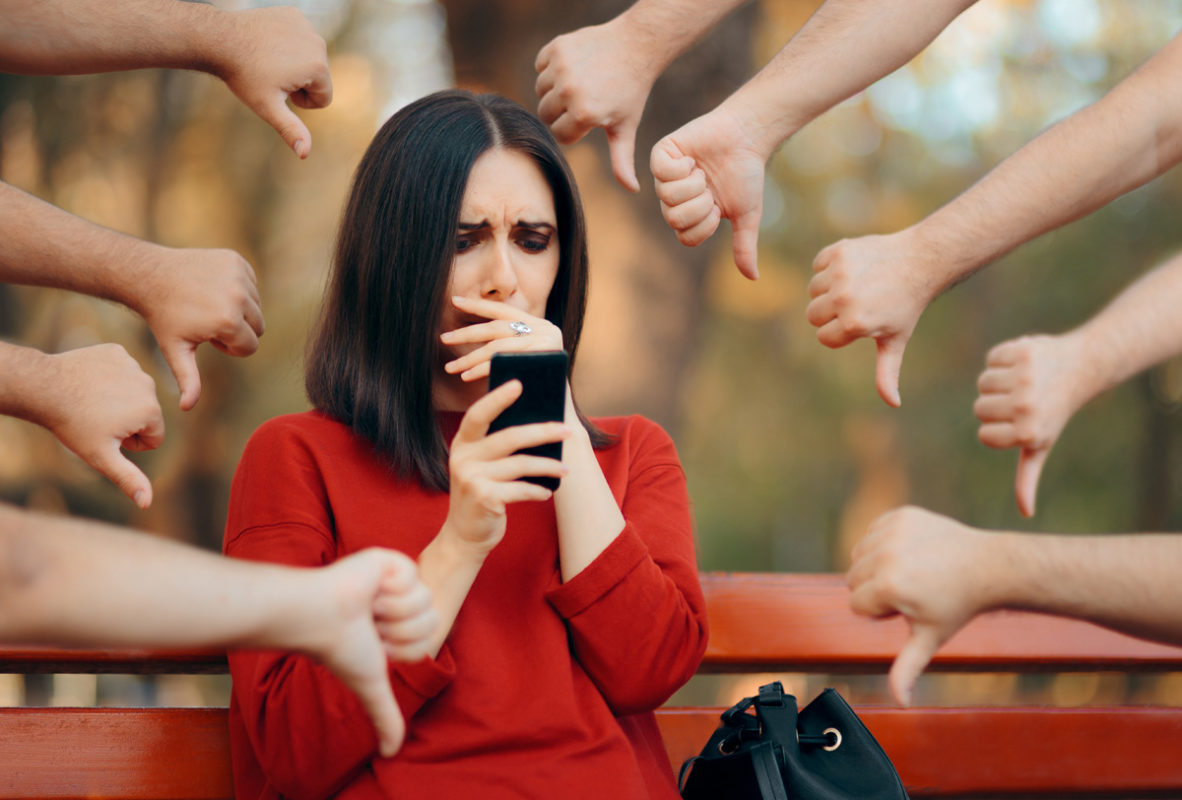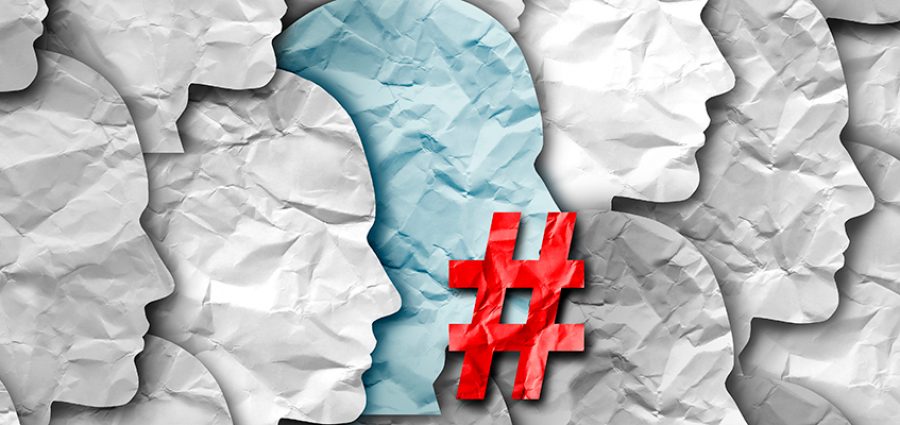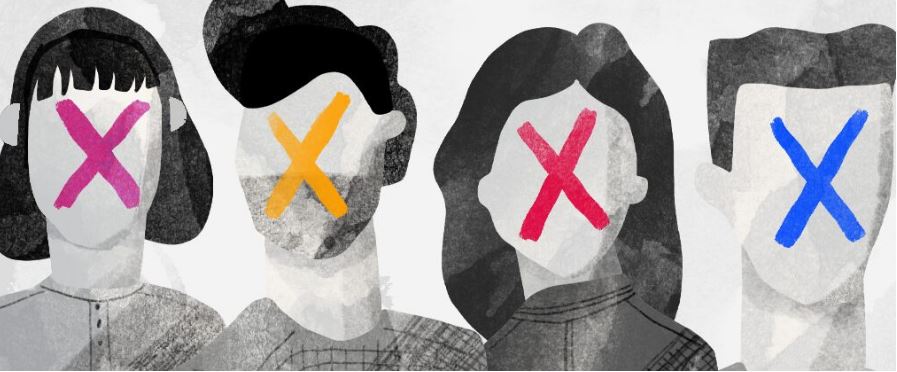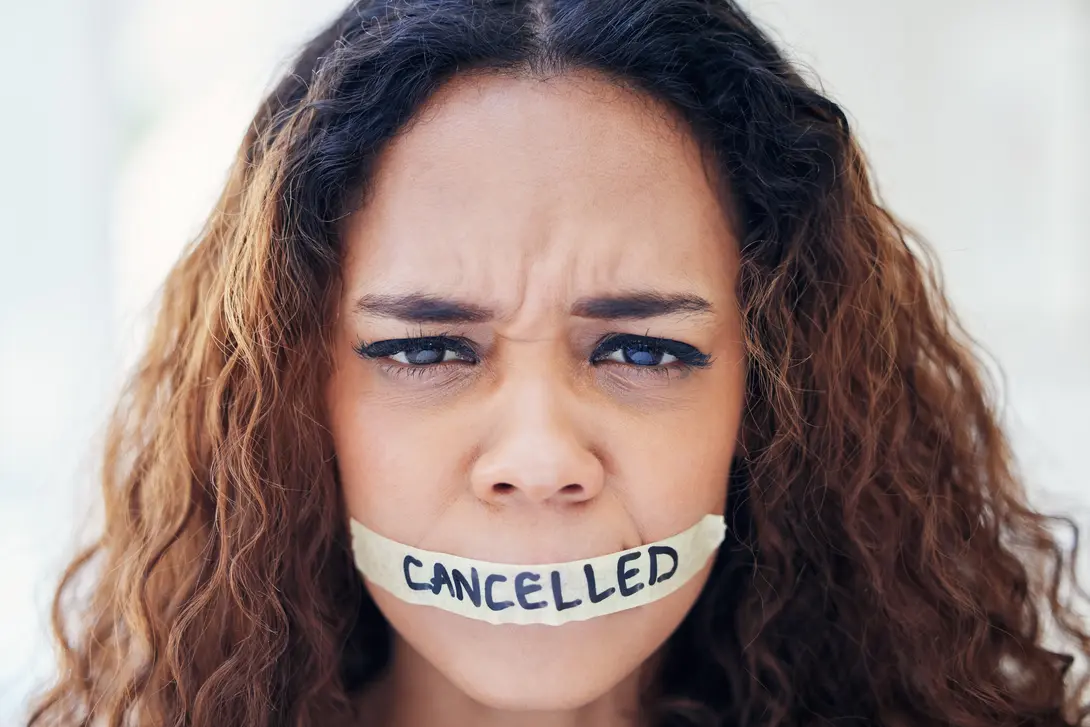In recent years, there has been a lot of talk about cancel culture. This term refers to a trend in today's society in which people, often through social media, try to publicly remove or punish those who have said or done something that is considered illegal. offensive or wrong. While this practice may seem well-intentioned, it has also been the subject of criticism and controversy.

How did the culture of cancellation arise?
The cancel culture is rooted in social justice and the fight against oppression. The idea is that by publicly exposing and punishing those who have said or done offensive or discriminatory things, a safer and more just environment can be created for minorities and marginalized groups.
The term "cancel" is said to have first appeared in the 1991 film New Jack City, when one of the characters used the phrase "Cancel this bitch. I'll buy another one." ". However, cancellation is a phenomenon that has been around for a long time under different names, depending on the generation. In the past, for example, it was referred to as "ice law".
In any case, cancel culture as it is known today began to gain popularity on social media in 2017, thanks in part to the #MeToo movement. This movement arose in order to denounce aggression and harassment, as a result of the accusations against the film producer Harvey Weinstein.
The cancel culture has been used in many cases to hold people in positions of power, such as celebrities, politicians, and business leaders, accountable for inappropriate behavior or insensitive comments.
The emergence of cancel culture is also linked to increased awareness of social injustices and the power of marginalized groups. In recent years, there has been increased awareness of issues such as racism, sexism, homophobia and transphobia, and many people have used social media to demand change in these areas. The cancel culture has become a tool to draw attention to these issues and hold people accountable for their offensive comments and actions.

Issues that arise with cancel culture
The culture of cancellation has generated many controversies and has been the subject of criticism from some sectors of society. Here are some of the most prominent issues surrounding this culture:
- Limits Free Speech: Cancellation culture has been criticized for limiting free speech, as it can lead people to self-censor for fear of being cancelled. In some cases, it has even led to the censorship of art, literature and other forms of expression.
- Fosters bigotry: Some people argue that cancel culture encourages bigotry, as it doesn't allow for different ideas and viewpoints to be discussed. Instead of promoting dialogue and constructive debate, cancellation can lead to opinions that do not conform to majority norms being rejected and silenced.
- Can be used for bullying: Cancel culture has also been criticized for enabling bullying online, as it is often used to target specific people and publicly and aggressively criticize them. This can lead to bullying and harassment, especially if the person targeted is vulnerable or does not have a platform to defend themselves.
- Lack of Accountability: The cancel culture does not encourage responsibility and accountability, as it is often used to publicly lynch people without allowing them the opportunity to explain or apologize for their actions.
- Can be inconsistent: Cancel culture has also been criticized for being inconsistent and selective. Often people are singled out and cancel due to behavior or comments that other people have not been punished, which can lead to the perception that the cancellation is unfair and arbitrary.

What alternatives are there to the cancel culture?
While cancel culture has been a means to denounce, confront and visualize bullying, racism and other forms of oppression, it has also unleashed a series of problems that are just as alarming.
Although its defenders consider it an effective tool to combat harmful ideologies, the truth is that the cancellation has fueled intolerance, single thought and violence .
Cancellation is not the solution, as it often focuses on retribution and revenge rather than building more inclusive and tolerant communities. It is as if we are trying to fight violence with more violence, which only perpetuates the problem. Therefore, it is necessary to explore more constructive and effective alternatives to address differences and conflicts without resorting to cancellation.
Constructive dialogue
Instead of canceling or dehumanizing people, you can seek a constructive conversation and dialogue to better understand the opinion or action in question. It is important to listen to and respect different perspectives and have a respectful and open discussion.
For effective conversations and dialogue, it is important to keep a few key points in mind:
- Active Listening: Active listening means paying attention to what the other person is saying, without judging or interrupting. It's important to take the time to understand her perspective and her motivations, even if you don't agree with her.
- Empathy: Empathy involves trying to understand another person's feelings and emotions. It's important to empathize with her concerns and opinions, even if you don't share them.
- Mutual respect: Conversations and dialogue can only be successful if both parties respect each other. It is important not to attack or ridicule the other person's opinions, but to express them clearly and respectfully.
- Search for solutions : Rather than simply discuss differences, it is important to seek constructive and practical solutions to address the problem at hand. This may involve compromises or changes in the opinions or actions of both parties.
Education and awareness
It is important that people understand the consequences of their words and actions, and are given the opportunity to learn and improve. We must also look for ways to promote education and awareness on sensitive and controversial issues.
Education and awareness can involve different strategies, including:
- Provide Information: Providing information on sensitive and controversial issues is an effective way to promote education and awareness. This may include information about the historical and social context of an issue, as well as relevant data and statistics.
- Sensitization: Sensitization involves raising awareness about the importance of a problem and its possible impacts on people. This may involve stories and testimonials from people who have been affected by the issue in question.
- Formal and informal education : Formal education, such as education in schools and universities, can be an effective tool for promoting education and awareness about sensitive and controversial issues. Informal education, such as the media and social networks, can also play an important role in promoting education and awareness.
- Training and education : Training and education can help people better understand a problem and develop skills to deal with it effectively. This may include training in effective communication, conflict resolution, and interpersonal skills.
- Promoting diversity and inclusion: Promoting diversity and inclusion is an effective way to promote education and awareness. This may involve promoting the inclusion and diversity in education, industry and society in general.
Responsibility and apology
When someone makes a mistake or offends someone, it's important to take responsibility and offer a sincere apology. Instead of canceling it, the person can be encouraged to take steps to rectify the mistake and prevent it from happening again in the future.
Accountability and apology may involve different strategies, including:
- Acknowledge responsibility : It is important that the person who has caused harm acknowledges their responsibility for the problem. This involves admitting the mistake and accepting that her action has caused harm to other people.
- Offer a sincere apology: The apology should be sincere and acknowledge the pain and suffering the action has caused. It must be clear and specific, and it must include a promise to change and to do better in the future.
- Take steps to make amends: It is important that the person who has caused the harm take steps to make amends for the harm they have caused. This may involve actions such as donating to relevant charities, discussing the issue with relevant experts and activists, and taking steps to address discrimination and bias.
- Commit to change : The person who has caused the harm must commit to changing their behavior and address the underlying issues that have led to their offensive action. This may involve learning more about the issues, working to challenge your own biases, and behaving in a more inclusive and respectful way.
- Ask for and accept help: It is important for the person who has caused the harm to ask for and accept the help of others to address the problem. This may involve speaking with subject matter experts, working with relevant activists and organizations, and seeking guidance and support from friends and family.
Positive actions
Instead of focusing on cancellation, you can highlight and promote positive and constructive actions that encourage inclusion and diversity. This can include promoting inclusion and diversity initiatives, celebrating people who have achieved positive things, and promoting positive messages on social media.
Positive actions can involve different strategies, including:
- Create a supportive community: One of the best ways to combat cancel culture is to create a supportive community that encourages inclusiveness, respect, and constructive dialogue. This may involve creating online groups and forums that address sensitive issues in an open and respectful manner.
- Create and share positive content : Creating and sharing positive content is an effective way to promote inclusion and diversity. This can involve creating content that celebrates cultural diversity, minority empowerment, gender equality, and social justice.
- Participate in the fight against discrimination and injustice: Participate in the fight against discrimination and injustice is an effective way to take positive action. This may involve working with charities and activist groups to address issues and promote social change.
- Supporting Victims: It is important that victims of discrimination and harassment feel supported and protected. Positive actions may include providing emotional and financial support to victims and working to create systems and policies that protect victims from discrimination and harassment.
- Work on education and skills development: Education and skills development can help people better understand issues and address them effectively. Positive actions may include working on education and skills development in areas such as effective communication, conflict resolution, and cultural diversity.
We are always going to meet people who have opinions that are different from ours, and although it is true that we cannot accept or support those that harm others, we must learn to tolerate the different ways that exist to see life.

Comentarios